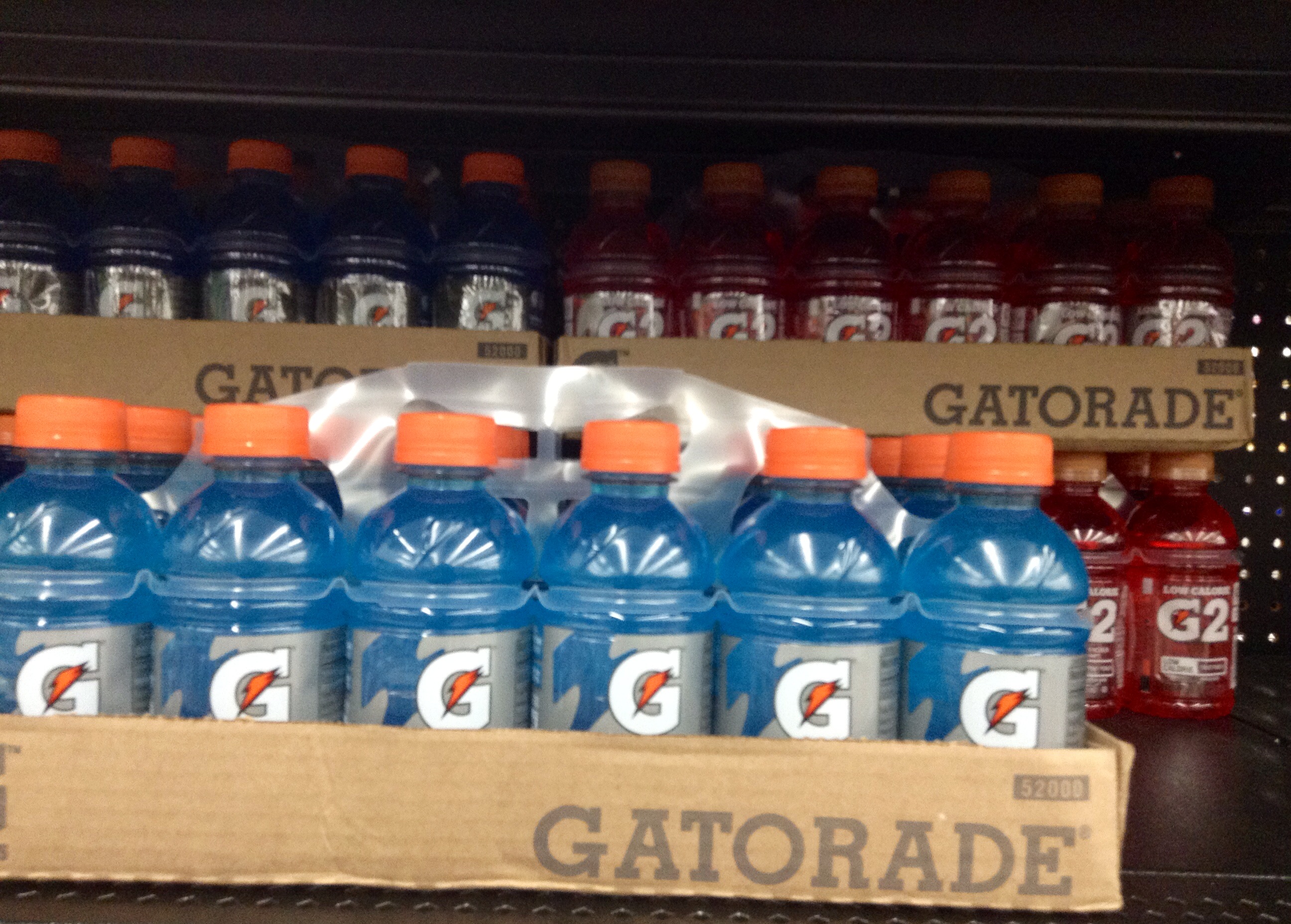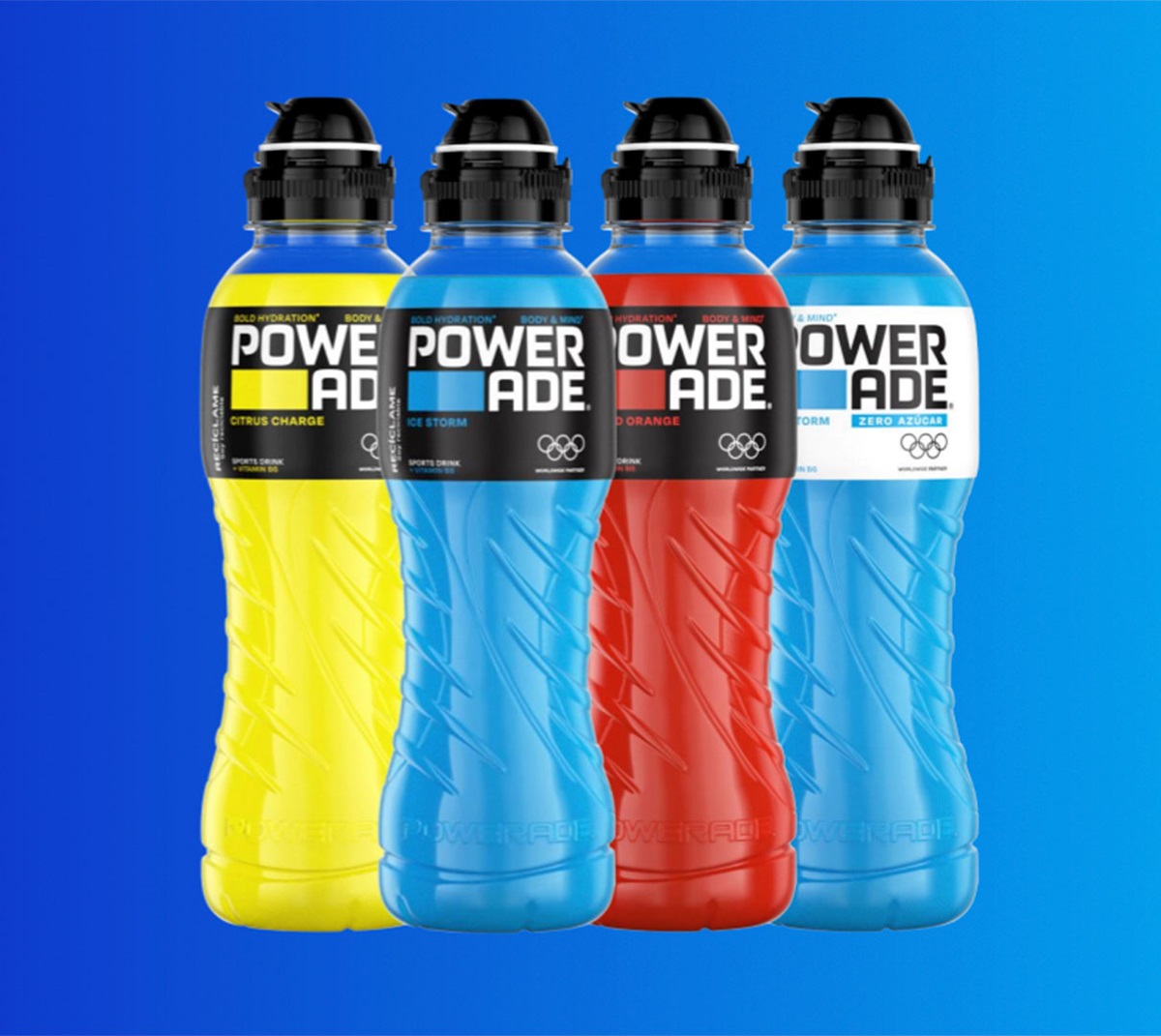Electrolyte Overload: The 6 Common Sports Drinks Quietly Harming Your Kidneys
Sports drinks have become a familiar sight on grocery shelves, fitness centers, and even office desks. With promises of greater hydration, faster recovery, and a boost of energy, it’s easy to see why so many reach for brightly colored bottles after exercise or simply to quench daily thirst. Yet these convenient beverages, designed originally for performance athletes, are not always harmless for everyone—especially when it comes to your kidneys. While most of us think hydration is always positive—and, for the most part, it is—trouble can arise when we drink more than our bodies need, or consume electrolytes in amounts that go beyond what our kidneys can comfortably process.
1. Gatorade: Electrolyte Flood for Everyday Drinkers

Gatorade is arguably the world’s most recognized sports drink, credited with fueling everyone from professional athletes to weekend joggers. Its original formula was designed to address fluid and salt losses during extended exertion—think marathon runners or football players in heavy gear. But over time, Gatorade’s bright bottles have become a go-to beverage even for everyday thirst, and that’s where problems may quietly emerge.
2. Powerade: Hidden Sugars and Sodium Concerns

Powerade, the biggest Gatorade competitor, promises similar benefits—with a twist of added flavors and a slightly different mix of sugars and minerals. Many grab a bottle after a gym session, thinking the beverage delivers a quick hydration fix. But like many sports drinks, Powerade contains a hefty dose of sugars, along with sodium and potassium. While these ingredients help replenish what’s lost during intense physical activity, they can cause trouble for the kidneys and blood vessels if consumed without a real need for them.
